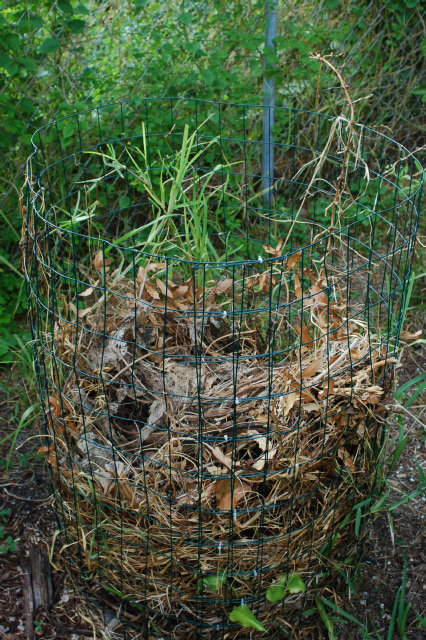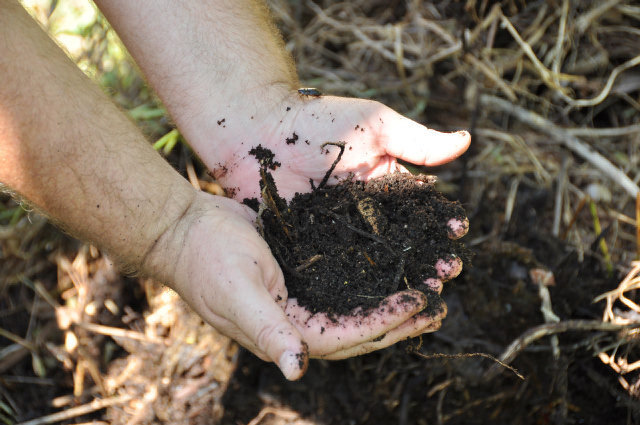Great rewards in growing vegetables

As published in The Miami Herald
Fall is a great time of year in South Florida as the final rains of October fall and nighttime temperatures drop low enough that you can plan your edible garden. Vegetable starts and seeds, as well as fresh herbs should all be close at hand as you get ready to plant your garden in early November.
Vegetable gardening is one of the most rewarding things you can do in your garden. There is no greater return for your hard work than picking fresh ingredients for your salad each night from a garden you planted and cared for. To make it really special, engage the whole family. My daughter is never so eager to eat her vegetables as when she picks them herself.
Gardens should be planted in raised beds with rich, well-draining soil as our native soil is nutrient-poor and will not work well for vegetables. One way to augment your beds and to keep them at peak growing potential is by using compost. Composting in South Florida is easy, as warm temperatures and high humidity for most of the year help quickly turn kitchen and yard waste into rich organic nutrients for your garden.
 |
| You can make your own open-air composting bin with just a few supplies from your home improvement store. |
There are a number of types of composters you can use, including barrels, bins and open-air composting rings, but any type will work as long as you feed it a good ratio of kitchen and yard scraps. One part kitchen waste to four parts yard waste is best, and it will decompose more readily if you layer kitchen scraps and yard waste alternately.
What can you compost?
Any vegetable or fruit scraps from the kitchen will do, as well as coffee grounds and even filters. You should not try to compost meat or dairy products. Kitchen scraps can be kept in a small container in the kitchen until you bring them outside to the compost bin. Many small containers are available for purchase, but a homemade or recycled container will work just as well.
Yard waste can also be added to the compost bin. All manner of weeds, branches and leaves are excellent for your compost pile and should be chopped into smaller pieces if they are too large to fit into the bin.
Paper can also be composted as long as it is not laden with dyes.
 |
| Compost is rich in nutrients and a great addition to your vegetable garden. |
Benefits of composting
The main benefit of composting is that you are creating nutrients for your garden. Rather than adding synthetic fertilizers, you are able to naturally feed your garden using waste from your own home. Compost is extremely rich in nutrients and will help grow your vegetable garden to new heights.
Another great benefit of composting is that you are saving kitchen and yard waste from going to the landfill, meaning a savings in overall energy as less fossil fuel is used to move the waste.
Getting Started
Getting started with composting is easy. You can purchase a composting bin or make one yourself.
One of the easiest forms of composters is the open-air compost bin. Purchase some wire mesh from your local home improvement store. The mesh should be durable and have gaps of a few inches between the wires. Cut the mesh to about eight feet and then roll it up into a cylinder leaving a hole about three feet wide at the top and bottom. You can use zip-ties to hold the mesh together. Visit Fairchild’s YouTube channel www.YouTube.com/FairchildGarden for a how-to video on composting and making your own open-air composter.
Place your new composting bin on the ground in a hidden, but sunny spot and you are ready to start composting. After six or so months of filling the composter, you should have rich, organic nutrients ready for your garden.
